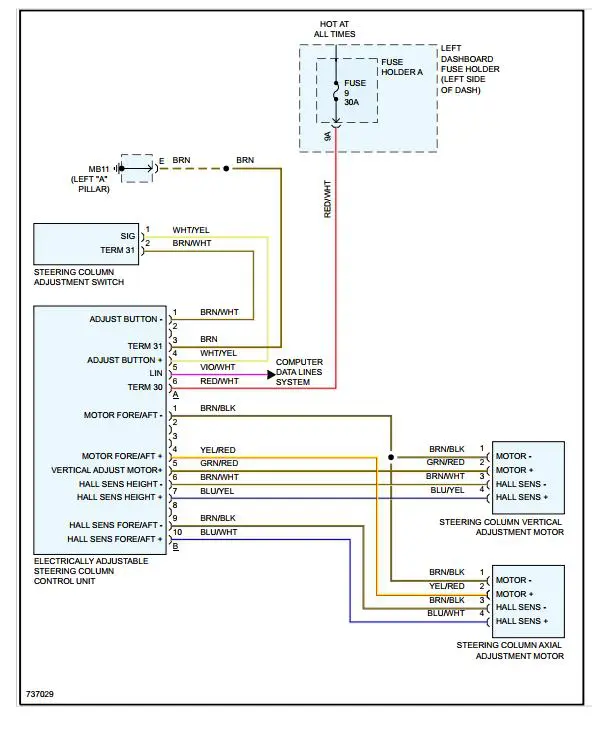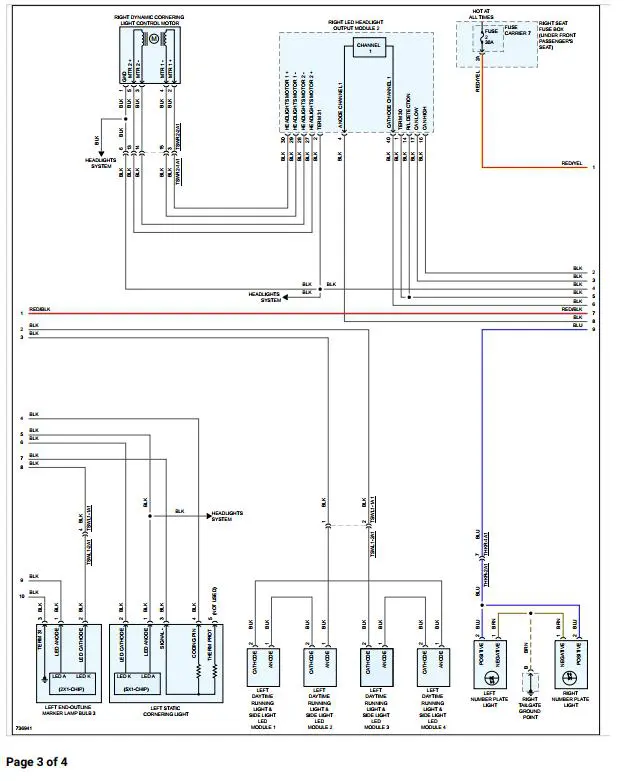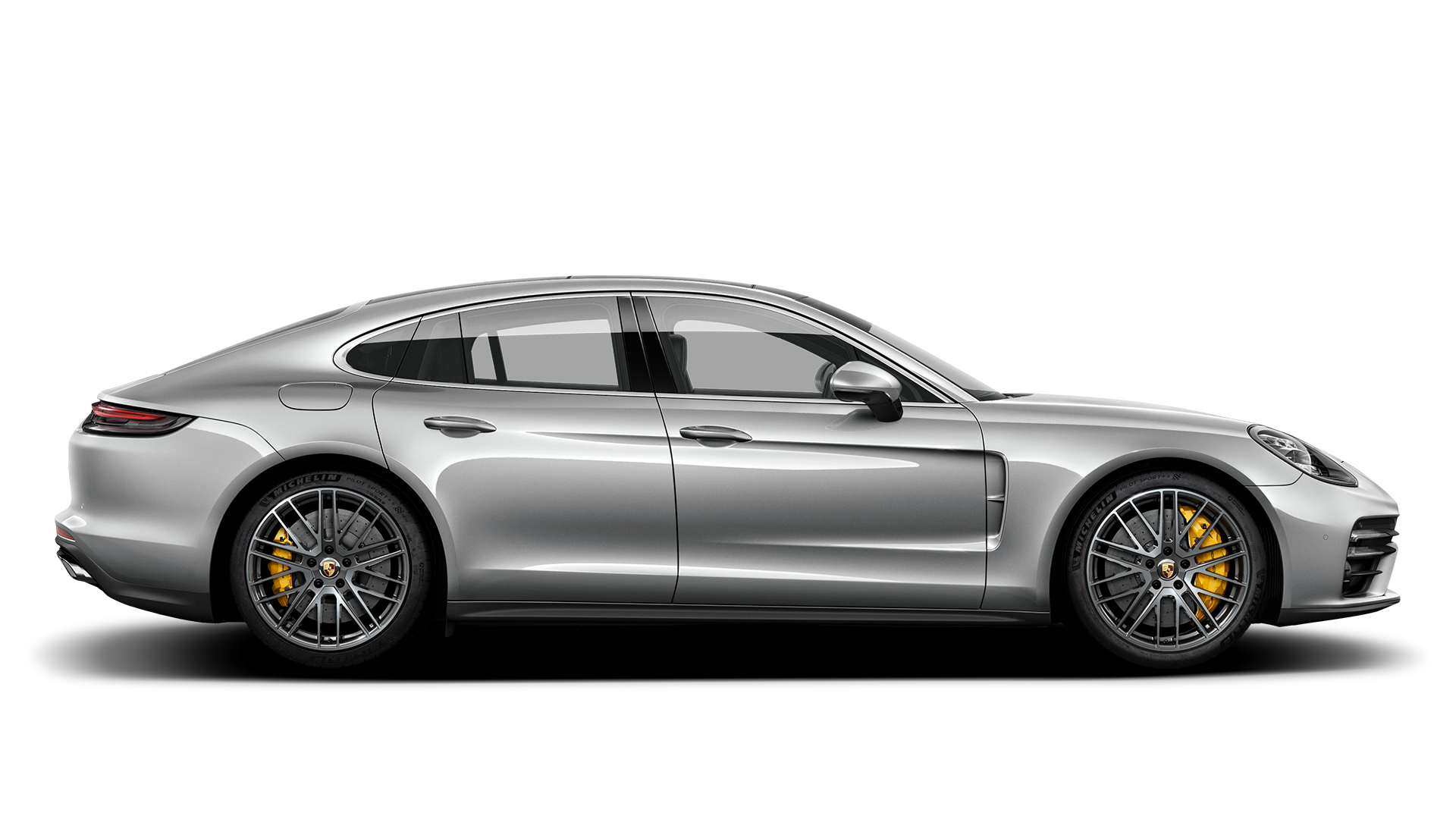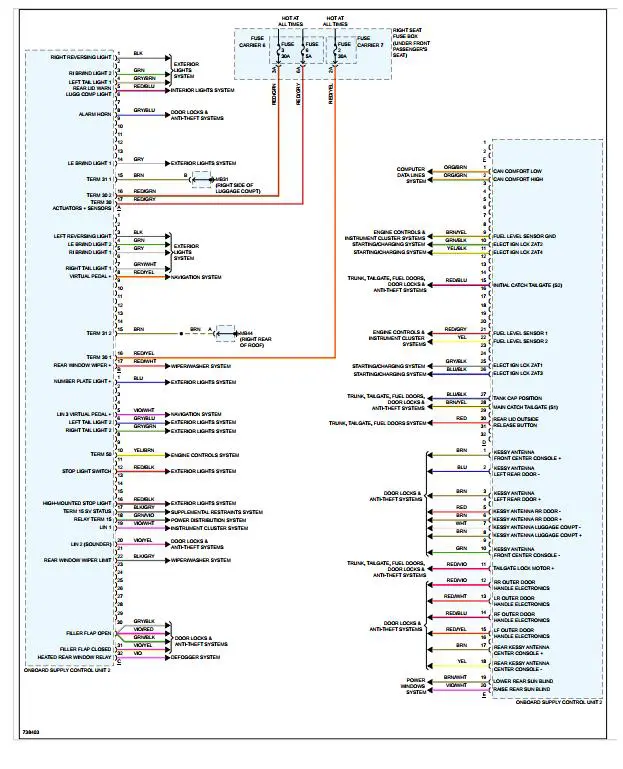Porsche Panamera 4 E-Hybrid (971) 2020 V6-2.9L Electrical Diagrams
$70.00
Porsche Panamera 4 E-Hybrid (971) 2020 V6-2.9L Electrical Diagrams
Language: English
Engine Type: V6-2.9L Turbo Hybrid
Manual Type: Electric Schematic
Size: 7.51 MB
Format: PDF
Porsche Panamera 4 E-Hybrid (971) 2020 V6-2.9L Electrical Diagrams
Language: English
Engine Type: V6-2.9L Turbo Hybrid
Manual Type: Electric Schematic
Size: 7.51 MB
Format: PDF
Details:
- Active Body Work (Body and Frame)
- Air Conditioning – Automatic A/C Circuit (Heating and Air Conditioning)
- Anti-Lock Brakes (Antilock Brakes / Traction Control Systems)
- Anti-Theft (Antitheft and Alarm Systems)
- Body Computer (Body Control Module)
- Computer Data Lines (Information Bus)
- Cooling Fans – Cooling Fan Circuit (Radiator Cooling Fan)
- Cooling Fans – Hybrid Cooling System (Radiator Cooling Fan)
- Cruise Control (Cruise Control)
- Defogger – Defogger Circuit (Rear Defogger)
- Door Locks (Power Locks)
- Electronic Power Steering – Electronic Power Steering Circuit (Power Steering)
- Electronic Power Steering – Power Tilt Steering Column Circuit (Power Steering)
- Electronic Power Steering – Rear Axle Steering Circuit (Power Steering)
- Electronic Suspension – Dynamic Chassis Control Circuit (Suspension Control ( Automatic – Electronic ))
- Electronic Suspension – Electronic Level Control Circuit (Suspension Control ( Automatic – Electronic ))
- Engine Controls (Powertrain Management)
- Engine Controls – Hybrid System Circuit (Powertrain Management)
- Exterior Lights – Backup Lamps Circuit (Lighting and Horns)
- Exterior Lights – Exterior Lamps Circuit (W/ LED Headlights) (Lighting and Horns)
- Exterior Lights – Exterior Lamps Circuit (W/O LED Headlights) (Lighting and Horns)
- Exterior Lights – Trailer Tow Circuit (Lighting and Horns)
- Ground Distribution (Power and Ground Distribution)
- Headlights – W/ LED Headlights (Headlamp)
- Headlights – W/O LED Headlights (Headlamp)
- Heated Steering Wheel Circuit (Steering Wheel)
- Horns (Horn)
- Instrument Cluster – Instrument Cluster Circuit (Instrument Panel, Gauges and Warning Indicators)
- Instrument Cluster – Night Vision Circuit (Instrument Panel, Gauges and Warning Indicators)
- Instrument Cluster – Overhead Console Circuit (Instrument Panel, Gauges and Warning Indicators)
- Interior Lights (Lighting and Horns)
- Memory Systems – Driver’s Memory Seat Circuit (Memory Positioning Systems)
- Memory Systems – Left Rear Memory Seat Circuit (Memory Positioning Systems)
- Memory Systems – Memory Mirrors Circuit (Memory Positioning Systems)
- Memory Systems – Passenger’s Memory Seat Circuit (Memory Positioning Systems)
- Memory Systems – Right Rear Memory Seat Circuit (Memory Positioning Systems)
- Memory Systems – Steering Column Memory Circuit (Memory Positioning Systems)
- Mirrors – Auto Anti-dazzling Mirror Circuit (Mirrors)
- Mirrors – Heated Mirrors Circuit (Mirrors)
- Mirrors – Power Mirrors Circuit (Mirrors)
- Navigation – Front Camera Circuit (Navigation System)
- Navigation – Lane Change Assistance Circuit (Navigation System)
- Navigation – Navigation Circuit (Base) (Navigation System)
- Navigation – Navigation Circuit (Premium W/ Bose) (Navigation System)
- Navigation – Navigation Circuit (Premium W/ Burmester) (Navigation System)
- Navigation – Parking Assistant Circuit (Navigation System)
- Navigation – Real Top view Circuit (Navigation System)
- Navigation – Rear Camera Circuit (Navigation System)
- Navigation – Vehicle Positioning System Circuit (Navigation System)
- Power Distribution (Power and Ground Distribution)
- Power Tops (Sunroof / Moonroof)
- Power Windows – Power Windows Circuit (Windows)
- Power Windows – Roller Sun Blind Circuit (Windows)
- Seats – Driver Heated Seat Circuit (Seats)
- Seats – Driver Power Seat Circuit (Seats)
- Seats – Front Passenger Heated Seat Circuit (Seats)
- Seats – Front Passenger Power Seat Circuit (Seats)
- Seats – Rear Heated Seats Circuit (Seats)
- Shift Interlock – Electronic Parking Brake Circuit (Transmission and Drivetrain)
- Shift Interlock – Shift Interlock Circuit (Transmission and Drivetrain)
- Starting/Charging – Charging Circuit (Starting and Charging)
- Starting/Charging – Starting Circuit (Starting and Charging)
- Supplemental Restraints (Restraints and Safety Systems)
- Transmissions – A/T Circuit (Transmission and Drivetrain)
- Transmissions – Rear Differential Lock Circuit (Transmission and Drivetrain)
- Trunk, Tailgate, Fuel Doors – Tailgate Release Circuit (Doors, Hood and Trunk)
- Warning Systems (Instrument Panel, Gauges and Warning Indicators)
- Wiper/Washer – Front Wiper/Washer Circuit (Wiper and Washer Systems)
Wiper/Washer – Rear Wiper Circuit (Wiper and Washer Systems)
More Details
Porsche Panamera 4 E-Hybrid (971) 2020 V6-2.9L Electrical Diagrams is a technical document that provides detailed electrical schematics and wiring diagrams for the Porsche Panamera 4 E-Hybrid (971) model. The document is essential for engineers and technicians to understand the electrical system and its components in detail, which is critical for ensuring the smooth functioning of the vehicle.
The document covers various aspects of the electrical system, including the battery, starter, alternator, wiring harnesses, and sensors, among others. It also provides information on the various electronic control units (ECUs) and modules that control and regulate different functions of the vehicle. This helps engineers and technicians to diagnose and troubleshoot any electrical issues that may arise.
One of the main advantages of Porsche Panamera 4 E-Hybrid (971) 2020 V6-2.9L Electrical Diagrams is its clear and easy-to-understand electronic circuit diagram design. The diagrams are presented in a logical sequence that follows the different sections of the electrical system. This helps users to quickly locate and identify the position of electronic components on the vehicle.
The document also provides information on other systems on the vehicle, such as the air conditioning, audio, lighting, safety, and entertainment systems. This helps engineers and designers to understand how the electrical system interacts and links with other systems on the vehicle.
However, it’s important to note that the use of Porsche Panamera 4 E-Hybrid (971) 2020 V6-2.9L Electrical Diagrams requires specialized knowledge and experience in the field of vehicle electrical systems. Users must have expertise and experience to read and understand the technical information provided in the document. Therefore, the document should be used by experienced professionals and technicians.
In addition to providing technical information, the document also supports maintenance and repair of the electrical system on the vehicle. It helps technicians to easily locate the position of electronic components on the vehicle and carry out any necessary repair operations.
In summary, Porsche Panamera 4 E-Hybrid (971) 2020 V6-2.9L Electrical Diagrams is an essential technical document for engineers and designers of vehicle electrical systems. It provides detailed information on the electrical system and its components, which is critical for ensuring the smooth functioning of the vehicle.











